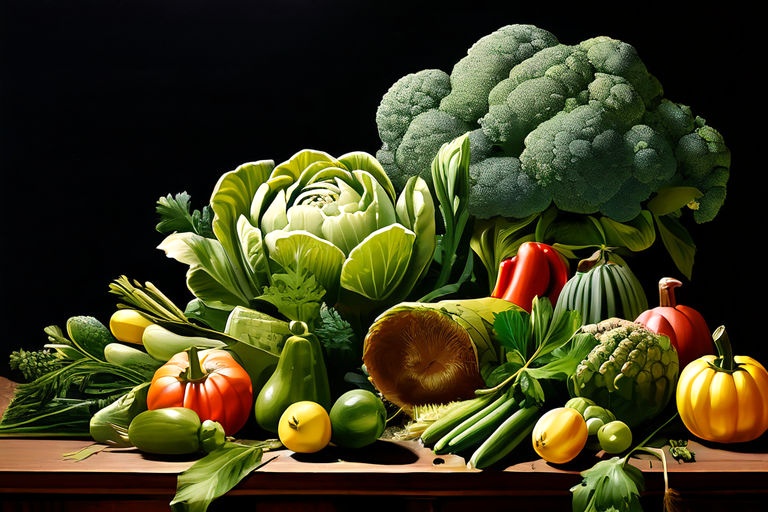How can farming techniques improve vegetable yield?

Improving Vegetable Yield through Advanced Farming Techniques
The quest for increased vegetable yield is a universal concern for farmers globally. Given the growing population and the escalating demand for food, it's vital to explore innovative ways to enhance productivity. This article delves into various farming techniques that can significantly improve vegetable yield.
Understanding the Soil
Soil is the foundation of any farming practice. The quality of the soil directly influences the growth and yield of vegetables. Therefore, understanding soil composition, nutrient content, and pH levels are crucial. Regular soil tests can provide valuable insights into the soil's health, allowing farmers to tailor their soil management strategies. For instance, if the soil lacks specific nutrients, farmers can supplement it with the appropriate fertilizer to ensure optimal vegetable growth.
Proper Irrigation Techniques
Water is another critical factor in vegetable farming. While it's essential to adequately water the crops, over-irrigation can lead to waterlogging and root diseases. Hence, farmers should use efficient irrigation systems like drip irrigation or sprinkler systems that distribute water evenly and reduce wastage. These systems also allow for the incorporation of fertilizers and pesticides, enhancing their effectiveness.
Employing Crop Rotation and Intercropping
Crop rotation and intercropping are classic farming techniques that have proven effective in increasing vegetable yield. Crop rotation involves growing different types of vegetables in the same area in sequential seasons. This practice helps to prevent the accumulation of pests and diseases and enhances soil fertility. Intercropping, on the other hand, is the cultivation of two or more crops simultaneously on the same field. This method maximizes the use of space and resources, leading to increased productivity.
Optimizing Plant Density
Plant density refers to the number of plants per unit area. Optimizing plant density can significantly influence vegetable yield. Planting too closely can lead to competition for resources, while sparse planting may underutilize the available space. Therefore, farmers should aim for an optimal plant density that allows for maximum yield without compromising the plants' health.
Adopting High-Yielding Varieties
Utilizing high-yielding vegetable varieties is another approach to increase productivity. These varieties, developed through selective breeding or genetic modification, have traits that promote higher yields. They may be more resistant to pests and diseases, have shorter maturity periods, or produce larger vegetables. However, it's crucial to select varieties that are suited to the local climate and soil conditions.
Effective Pest and Disease Management
Effective pest and disease management is vital for increasing vegetable yield. Farmers should regularly monitor their crops for signs of pests or diseases and take prompt action. Integrated pest management (IPM) techniques, which combine biological, cultural, physical, and chemical strategies, can effectively control pests and diseases without causing harm to the environment.
Use of Technology in Farming
Technology has revolutionized farming practices, and its adoption can significantly boost vegetable yield. Precision farming techniques, which incorporate GPS and remote sensing technology, allow farmers to manage their fields more efficiently. They can monitor their crops in real-time, apply inputs precisely, and make informed decisions that enhance productivity.
In Conclusion
Improving vegetable yield is a multifaceted process that requires a combination of sound farming techniques. Understanding the soil, employing efficient irrigation, adopting crop rotation and intercropping, optimizing plant density, using high-yielding varieties, managing pests and diseases effectively, and leveraging technology can significantly enhance vegetable productivity. However, it's crucial for farmers to continually refine their practices and stay updated with the latest advancements in farming techniques to ensure sustainable and increased vegetable yield.

